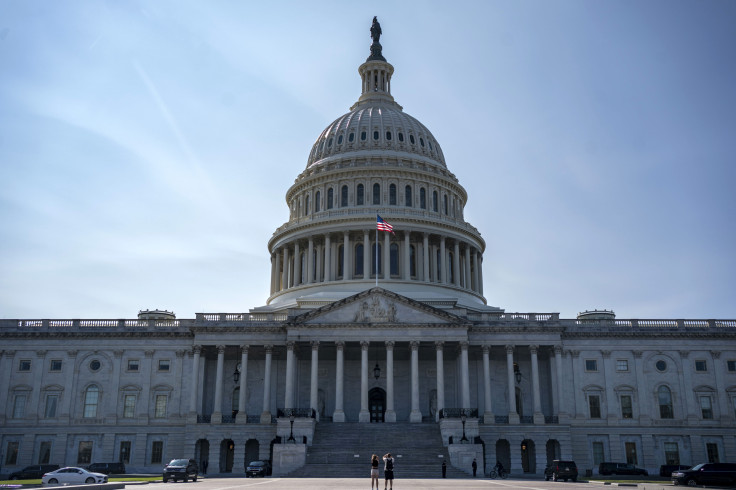
As campaign season reaches its final stretch, races all over the country are preparing for a busy October trying to convince voters to ultimately cast their ballots for them. As the date gets closer, Republican Senate challengers are facing a challenging reality— all of them are lagging well behind former President Donald Trump in their respective polls.
All over the country, from the Sun Belt to the Midwest, Republican Senatorial candidates that have associated themselves with the Make America Great Again movement seem to be less popular than Trump himself, even if they're winning their respective races.
That is the case in Montana, for instance, where GOP candidate Tim Sheehy has been consistently winning in the polls against incumbent Jon Tester, who is considered to hold the most vulnerable seat in the Senate. A recent Remington Research Group poll shows Sheehy up by eight percentage points against Tester, at 52% to 44%.
However, in terms of popularity, Sheehy is behind the former President by six percentage points, at 50% to Trump's 56%, according to a new Axios report.
In Arizona, Democratic Senate candidate Rep. Ruben Gallego has polled better against his opponent, MAGA ally Kari Lake. In a recent Emerson College poll, Gallego stands at 52% of support compared to Lake's 41%. When it comes to Trump, Lake is also polling way behind, at 43% to the former President's 49%.
The trend can also be seen in several battleground states in the presidential election. For example, in Pennsylvania, David McCormick is behind Trump at 44% to 48%. In Wisconsin, Erick Hovde stands at 46% to Trump's 48%. In Nevada, military officer Sam Brown polls at 40% to Trump's 47%. And in Michigan, former Rep. Mike Rogers is behind the former President at 43% to Trump's 47%.
A notable exception to this trend, however, is former Gov. Larry Hogan, who is running nearly 10 points ahead of Trump in the deep blue state of Maryland. Throughout his campaign, he hasn't been shy about distancing himself from Trump and even rejecting his endorsement.
The polling gap has baffled Republican candidates and strategists, Axios reports. The trend is a warning for the Republican leadership that a close Trump victory in any given swing state doesn't guarantee a GOP Senate seat— even if it also signals a bloc of undecided voters.
These figures could be products of several reasons permeating the respective races. One of them could be a lack of name ID and getting outspent by their opponents. Other reasons may be due to Trump himself, as he tends to appeal to many nontraditional Republicans and former working-class Democrats.
Trump is "outperforming other Republicans because his base is broader than the traditional GOP coalition," Rep. Jim Banks (R-Ind.) told Axios. "Republicans should follow his lead to make our entire party stronger after November and cement the GOP as the party of the working class."
© 2025 Latin Times. All rights reserved. Do not reproduce without permission.




